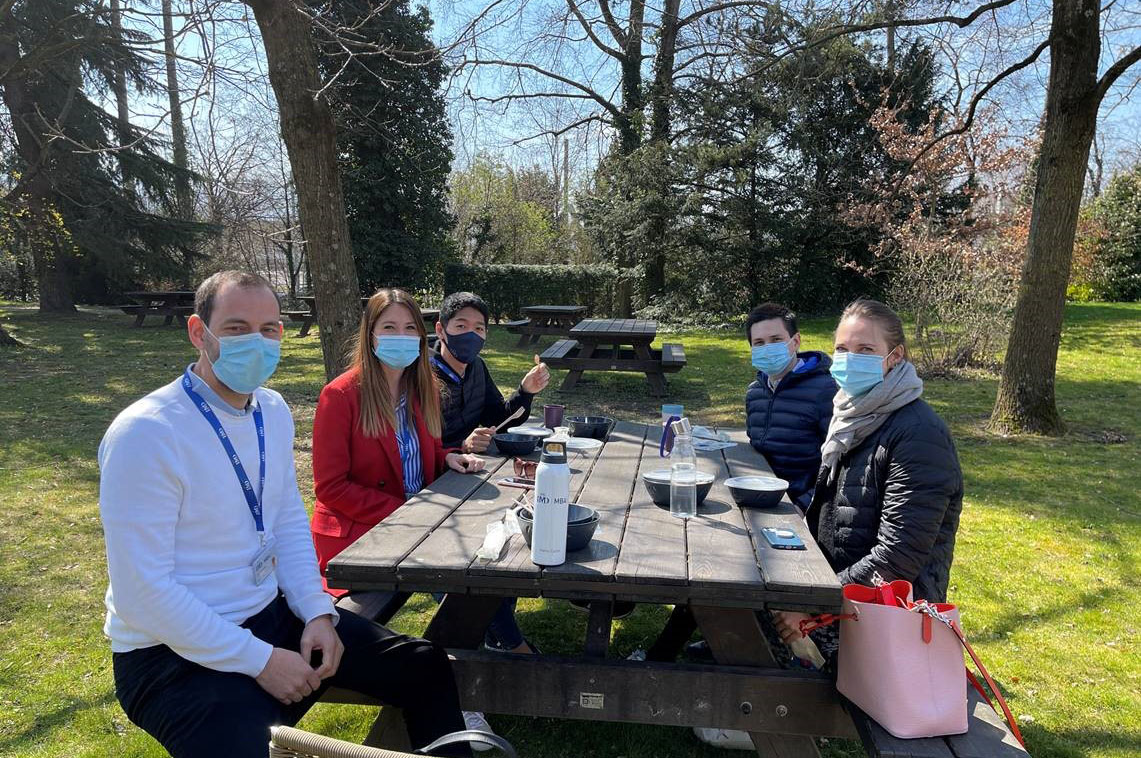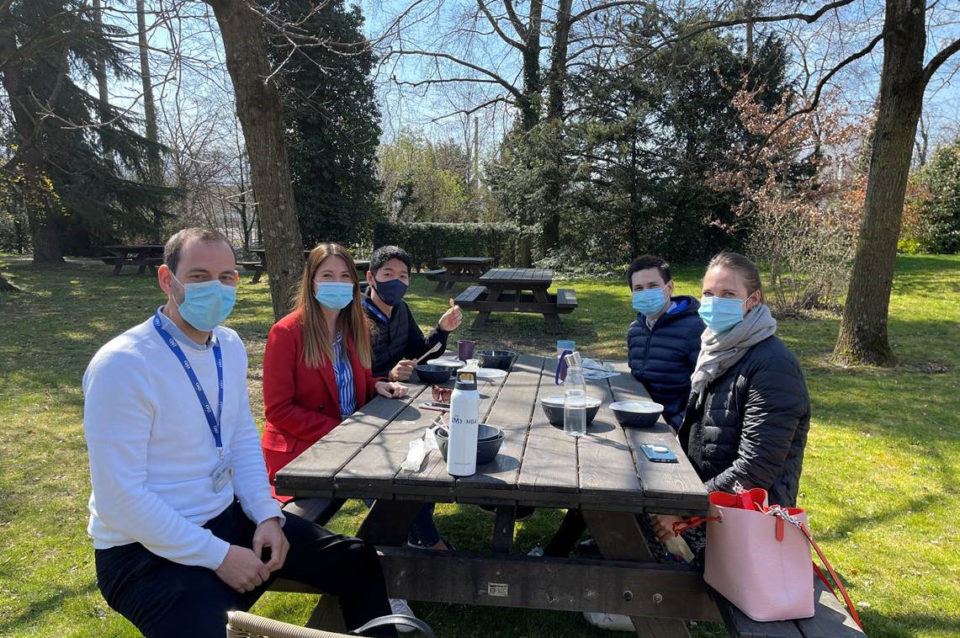As I transitioned to my professional life in my hometown, Monterrey, Mexico, I was confident in the skills I had developed. I had my engineering degree and was ready to apply my learnings in the real world. However, after landing an innovation role in corporate IT, I soon realized that my technical knowledge was only the foundation. There was so much more I needed to learn!
In particular, I realized the importance of understanding the way technology plays a role in a broader context, defined by business objectives. At 27 years old, it seemed appropriate to complement my education with an MBA before progressing further in my career. I wanted to enhance my experience through a leadership development program and better understand different contexts and industries. IMD seemed to be the right place for this given its emphasis on team dynamics, its international composition, and the opportunity to learn from a more experienced cohort.
During the months before my MBA experience I was excited for the journey I was about to embark on. I had been warned that I had an intense year ahead of me. Signing up for this program was more than a full-time commitment. However, I could not have fathomed the roller-coaster I was jumping onto. It’s been almost three months and time has flown by, with the most enriching experiences coming from interactions with my classmates.

Traveling across the globe to spend a year with strangers was initially an unquantifiable uncertainty. Today I call these strangers my friends. Thanks to them I’ve learned to develop trust and openness about personal and professional concerns. More importantly, I’ve realized that we all have our doubts in moving forward and go through similar emotional fluctuations, but we have one another for support.
By constantly working in multicultural and diverse teams I’ve experienced what no classroom or lecturer could ever teach. How should I deal with situations where team members disagree? To what extent is my position worth defending or when should I compromise for a common objective? Can we even agree on what the goal is? How do I step up to have difficult conversations when dealing with disengagement or disappointment? How do I react when being held accountable by an equal for underperforming? These are all questions that I don’t have a definitive answer. However I have repeatedly been exposed to them through the program’s experiential focus.
Just as I was growing comfortable with my teammates and strengthening our bond, I will soon be finished with my current group. If anything, I’ve learned that there is no way to predict what will happen next and that it’s unrealistic to be totally prepared for it. My Module Two team will be an opportunity for new relationships, new challenges, new conflicts and amazing new learning experiences.


